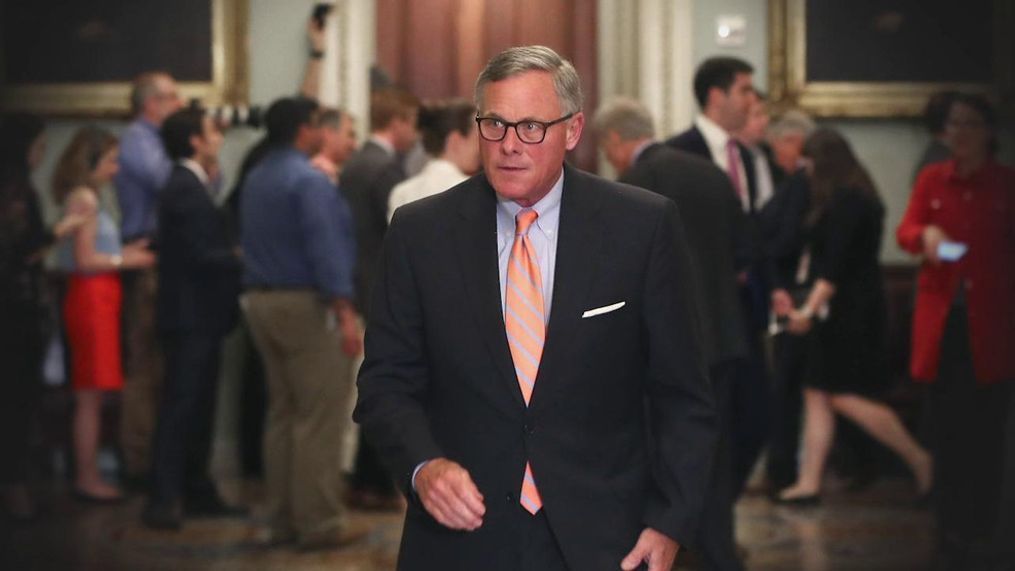Law against insider trading in Congress not really ever used

WASHINGTON - Sen. Richard Burr, R-N.C., has stepped away from his post as Intelligence Committee Chairman, as a federal investigation plays out into a major sell-off of stocks he made on the heels of the Coronavirus crisis.
One week later, the stock market plummeted.
Questions have also been raised about trades made by Senators Kelly Loeffler, Jim Inhofe and Dianne Feinstein’s husband.
These questions include the following:
"Did somebody have access to market-moving information before anyone else did? Did they make some unusual trades that they hadn’t made before?" said Peter Schweizer, President of the Government Accountability Institute, in an interview Monday.
Schweizer's 2011 book, “Throw Them All Out” exposed the trend of insider trading in Congress.
He talked about his findings on 60 minutes in November of 2011.
"We know that during the healthcare debate people were trading healthcare stocks. We know that during the financial crisis of 2008, they were getting out before the rest of America really knew what was going on," he said in that interview.
After this and other reports, congress came together to pass the Stop Trading on Congressional Knowledge, or STOCK Act, signed into law by President Obama in 2012.
"The STOCK act makes it clear that if members of Congress use nonpublic information to gain an unfair advantage in the market then they’re breaking the law," Obama said during a signing ceremony in April 2012.
But since that time, a single member of congress has been prosecuted under the law and in fact the year after it was passed, some amendments were made to it by congress that quietly rolled back much of its power.
"It softened the language about what insider trading was and it also softened reporting requirements that members of Congress and their staffs had to report in terms of the trades they were making," Schweizer said, adding both Democrats and Republicans voted for the changes.
He warns the law as it stands is far too weak, especially as lawmakers work now to steer legislation in the wake of the coronavirus pandemic.
"These same legislators are crafting these massive bailout bill that are going to benefit certain industries and they are free to trade stocks in companies that they are writing legislation for to bail out," he said.
He said the problem is not just about the pandemic but the way in which Washington functions, and that a new law may be needed to further restrict the ability of lawmakers to own stock at all.
